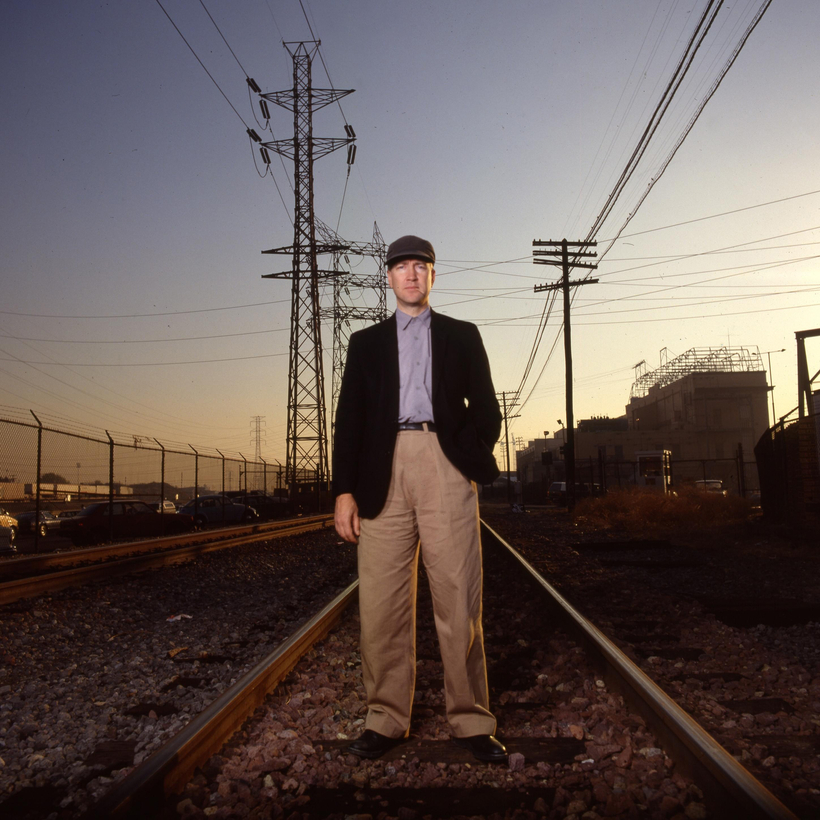Mark Frost (co-creator): I first met David Lynch in 1985. I had seen Eraserhead in 1979 at a midnight showing in Minneapolis, and I walked out with the oddest feeling and said: “Someday I’m going to work with that guy.” Six years later, a mutual agent of ours thought the two of us would be good to collaborate on a project they were representing, and fostered an introduction. We hit it off from the very first moment. We were laughing within minutes. We loved all the same movies, we knew all the same directors. That project went away, but then another agent approached us and said: “What do you guys think about doing a television project together?” We had nothing to lose.
The germ of Twin Peaks came from a couple of places. In middle school, the older sister of one of my closest friends was brutally murdered at a boarding school in Vancouver by an escaped convict, and it was a devastating experience for the family. I was about 14. She was a year older than me and I had a crush on her. It was a devastating experience for me, too.

